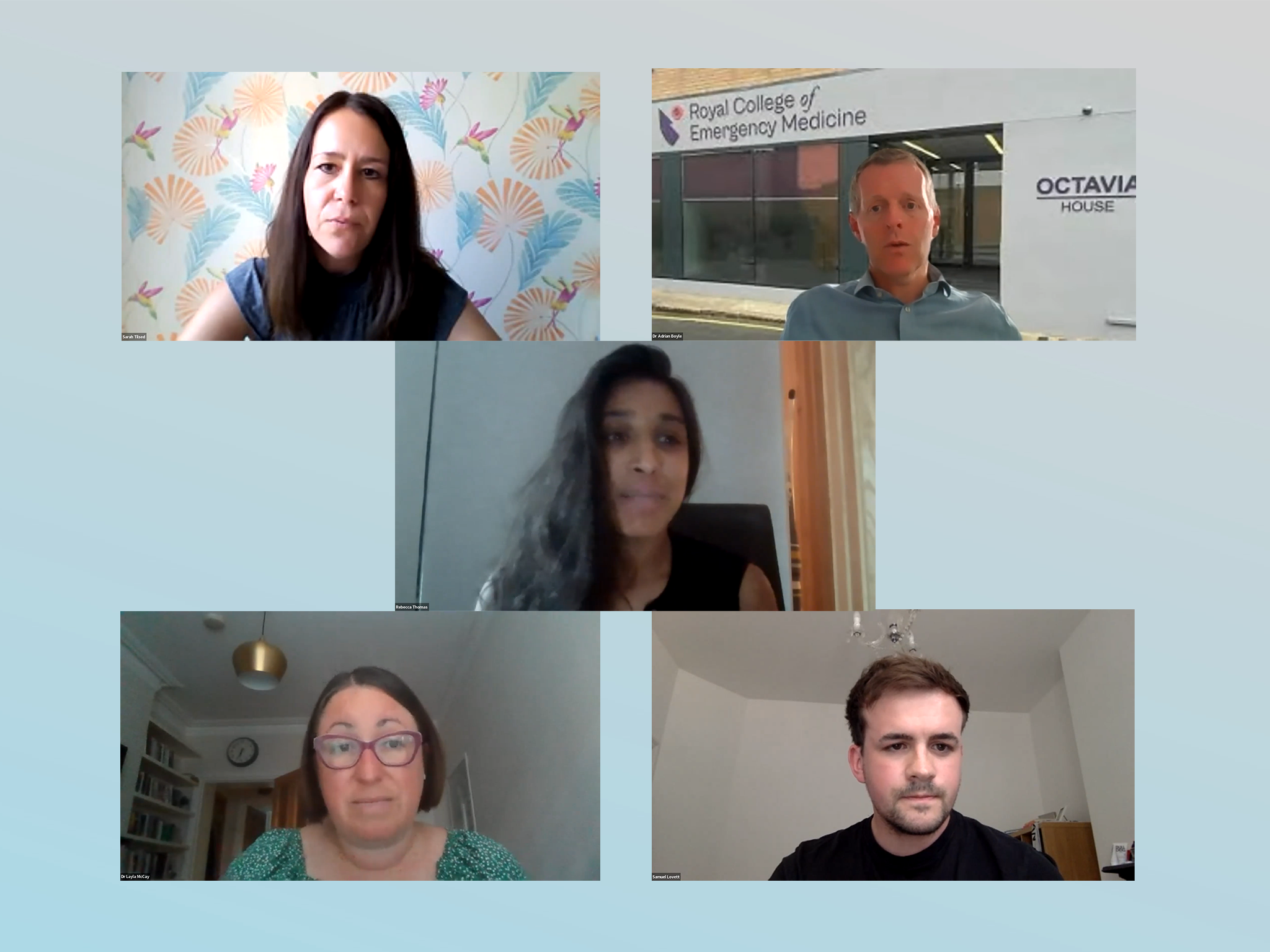NHS crisis: ‘24 hours in A&E is no longer a documentary it is a way of life’
A panel of experts brought together by The Independent discussed the many challenges facing the NHS

“While we have this conversation, I can guarantee you there is somebody waiting on the floor for an ambulance to arrive,” said Dr Adrian Boyle, the incoming president of the Royal College of Emergency Medicine as he opened The Independent’s discussion on the scale of the current NHS crisis.
Dr Boyle warned: “24 hours in A&E is no longer a documentary it’s a way of life.”
Chaired by Health Correspondent Rebecca Thomas, Wednesday evening’s panel also included Sarah Tilsed, Head of Patient Partnership for the Patients Association, Dr Layla McCay, the NHS Confederation’s Policy Director and Samuel Lovett, senior news correspondent for The Independent.
The session not only explored the crisis within A&E but also that facing GP services, mental health and social care.
Watch back the full event in the video below
The virtual event, titled Breaking point: Exposing the true scale of the NHS crisis, discussed the root cause of the problems facing health services, such as workforce shortages and the ongoing neglect of social care.
The panel discussed whether patients are turning towards private care. Also, the NHS’s funding levels, despite increasing, have been below inflation so any real gain is yet to be felt, but how do we ask the taxpayer to pay more for a failing service?
As reports of the NHS entering a summer crisis grow, solutions need to be sought.
Amid the political turmoil that faces the country, our panellists discussed all of these questions and answered what the NHS needs to see from its incoming government and health secretary.

Watch back the full event in the video above
Join our commenting forum
Join thought-provoking conversations, follow other Independent readers and see their replies
Comments


Bookmark popover
Removed from bookmarks